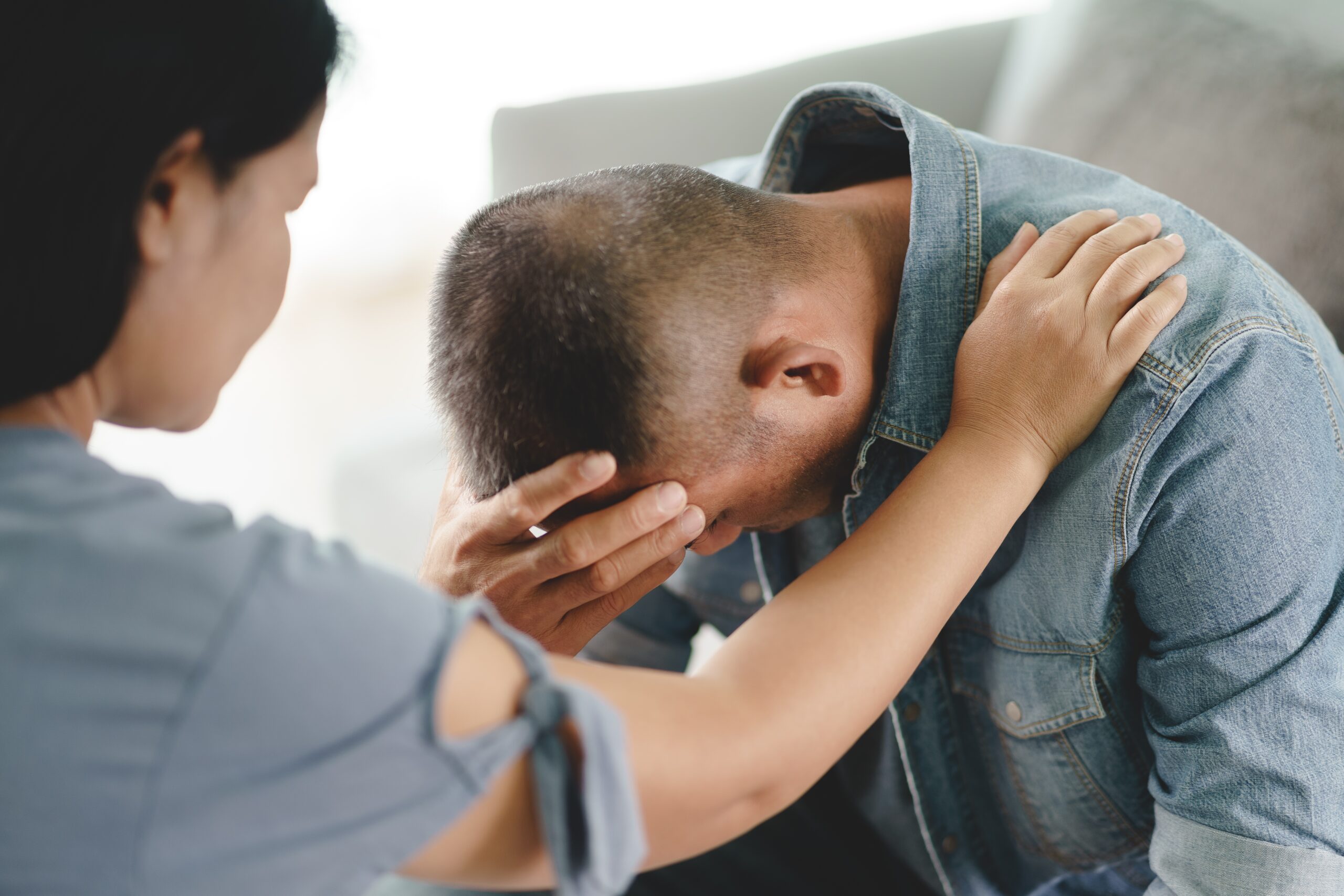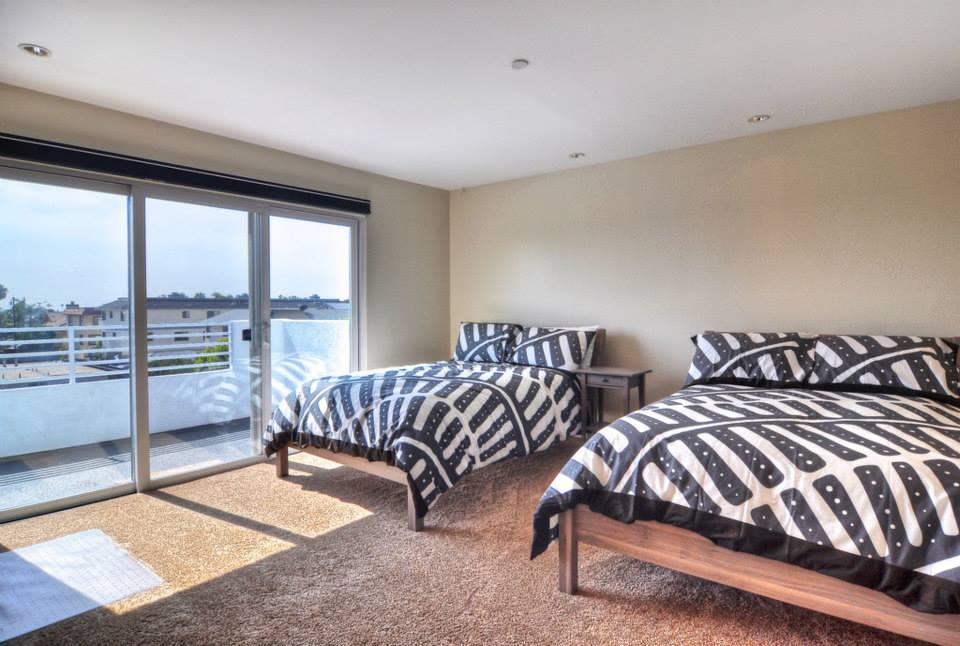Substance Abuse
Discover why Harbor Detox is your best choice for addiction treatment in Orange County.

How We Can Help
Substance Abuse Treatment in Southern California
Substance abuse is a problem for millions of people and their families nationwide, but help and treatment options are available. Understanding these options allows you to choose a rehab program to meet your needs and help you begin your recovery journey.
Harbor Detox offers substance abuse treatment in Southern California based on research, scientific evidence, and a sense of compassion and understanding.
What Are Substance Use Disorders?
A substance use disorder is a condition defined by out-of-control use of a substance despite the negative effects it’s creating in daily life. Someone with a substance use disorder will focus almost entirely on the use of that substance, and it causes impairments in their day-to-day functionality. The most severe type of substance use disorder is called an addiction.
With addictions, there are distortions in behavior and thinking, and changes to the structure and function of the brain contribute to personality changes, powerful cravings, and abnormal behaviors and movements. Research looking at brain scans has found that changes in the brain occur in areas related to decision-making, judgment, learning, memory, and behavior control.
Intoxication is the period of euphoria or the high someone experiences using addictive substances. Those changes to the brain and behavior wear off, but other longer-lasting mental and physical health changes can occur.
Harbor Detox offers professional addiction treatment in Southern California to help you overcome a substance use disorder and begin your life in recovery.
How Does a Brain Work When There’s An Addiction?
We now know after much research that addiction is a brain disease. Overcoming addiction isn’t as simple as deciding to stop or having more willpower.
Addiction develops as the pleasure centers and circuits in the brain are overwhelmed. The reward system was developed to reinforce the activities and behaviors required for survival, like eating. If we eat a great meal, our reward pathways activate dopamine, a feel-good neurotransmitter. That causes feelings of pleasure, so you’re encouraged to continue eating.
With addiction, your brain changes because the substance creates an amplified response. Rather than a normal surge of dopamine, drugs of abuse cause dopamine to flood your brain’s reward pathways at much higher levels than what comes from a natural reward-provoking activity or stimuli.
The brain remembers this dopamine surge associated with the substance you used that caused it. If you continue using the substance, the circuits of your brain become less sensitive to dopamine, adapting to the effects of the substance. As your brain adapts, you build a tolerance and need bigger doses of the substance to get the euphoria or high you initially did.
Our programs at Harbor Detox, a leading substance abuse treatment provider in Southern California, are based on the fact that addiction is a chronic disease that must be treated.
SPEAK TO SOMEONE WHO GETS IT
Request a 100% Confidential Callback
Diagnosing a Substance Use Disorder
As with other chronic diseases, standardized criteria are used to diagnose substance use disorders. There are 11 criteria used to diagnose an SUD, including:
- Taking larger amounts of a substance or using it for longer than intended periods of time.
- Having a desire to cut back or stop your substance use but finding you can’t.
- Spending substantial time trying and getting the substance, using it, or recovering from its effects.
- Strong cravings and urges to keep using whatever the substance is.
- Being unable to meet other responsibilities.
- Continued use even when problems in relationships are occurring because of it.
- Sacrificing other activities and interests.
- Continual use despite you knowing that it could worsen physical or psychological problems you have.
- Using substances in risky ways or putting yourself in risky situations.
- Needing larger amounts of a substance to get the desired effects (tolerance).
- Having withdrawal symptoms if you lower the amount you use or stop cold turkey.
These symptoms are often grouped into four main categories—physical dependence, social problems, impaired control, and risky use.
A SUD can also be diagnosed as mild, moderate, or severe. A mild SUD has two or three symptoms, while a moderate disorder has four to five symptoms. A severe SUD or addiction includes six or more symptoms.
Substance abuse treatment in Southern California is available at Harbor Detox. We’re a leading detox and inpatient treatment center for all types of substance addictions.
Stories of Recovery
Experience, Strength & Hope
WHAT WE DO
Comprehensive Treatment
Harbor Detox in Orange County, California offers a variety of drug & alcohol addiction treatment options.

Options in Treatment
Signs of Substance Use Disorders
Along with the specific symptoms used to make a diagnosis, there are also other warning signs of an SUD, including:
- Physical signs like a runny nose, tremors, sudden weight gain or loss, bloodshot eyes, or small or larger-than-normal pupils.
- Behavioral warning signs include being secretive, neglecting responsibilities, and making sudden changes in friends or activities.
- Psychological warning signs include appearing anxious or fearful for no reason, lacking motivation, increased energy, mood swings, and unexplained personality changes.
Some of the drugs most commonly misused that can lead to addiction include:
- Alcohol
- Depressants such as benzodiazepines like Xanax or Valium
- Inhalants like aerosols
- Hallucinogens
- Heroin
- Stimulants, including cocaine, amphetamine, and methamphetamine
While it’s difficult, addiction is treatable. Without treatment, it gets progressively worse. Harbor Detox provides research-driven, compassionate, and effective substance abuse treatment in Southern California.
How Is Addiction Treatment Approached?
No two people will have the same substance use disorder patterns or needs in a treatment program. Addiction treatment plans should always be individualized. With that can come a continuum of care approach, so you might participate in one level of care before moving into another.
Addiction treatment programs are largely based on behavioral therapies to help deal with underlying causes of addiction. Behavioral therapy can help recognize negative patterns of behavior and thoughts to develop better strategies and coping mechanisms.
Along with behavioral therapy, medications may be part of a treatment program. These could be psychiatric medications to help with the symptoms of a co-occurring mental disorder. Medicines are also approved to treat drug and alcohol withdrawal symptoms and cravings. These medicines can help someone successfully detox and begin their treatment program.
Dual diagnosis treatment may be needed for someone with a co-occurring mental disorder like anxiety or depression. It raises the risk of relapse without treating the underlying causes of addiction and other mental health disorders.
Holistic therapies like yoga or art therapy might also be integrated into an addiction treatment program. These are ways to develop healthy new interests, habits, and coping skills that will be used outside treatment.
Contact Harbor Detox Today
If you’re ready to explore your options for substance abuse treatment in Southern California, Harbor Detox can help. We offer medical detox programs to help you get through withdrawal comfortably and safely, followed by inpatient treatment. Contact us to take the next step.







